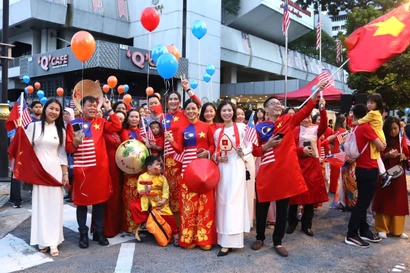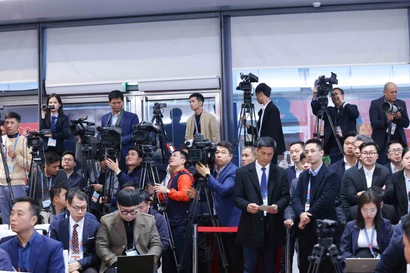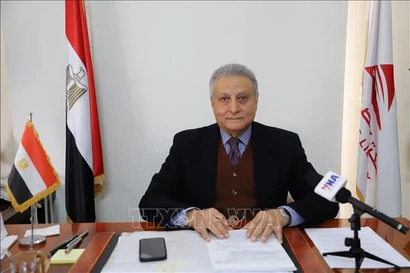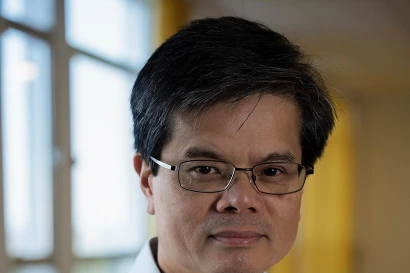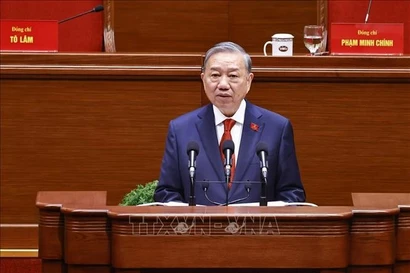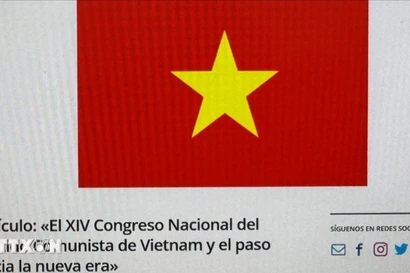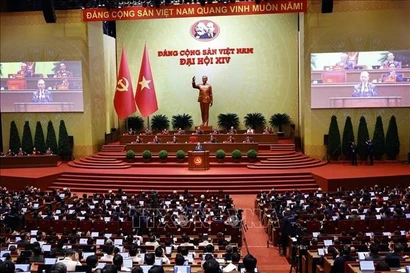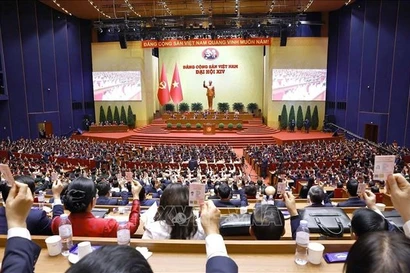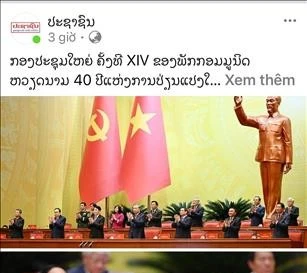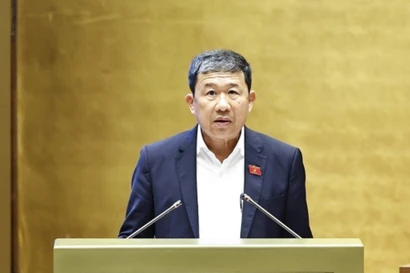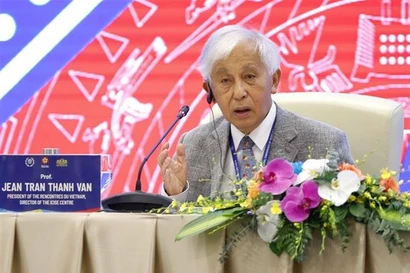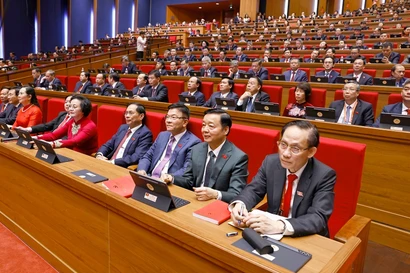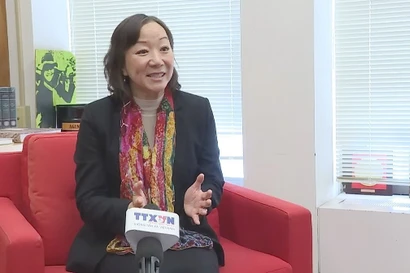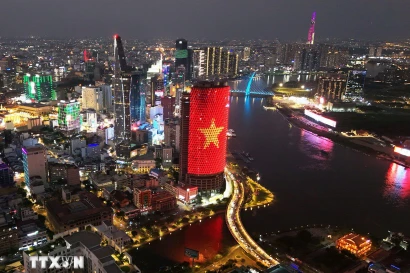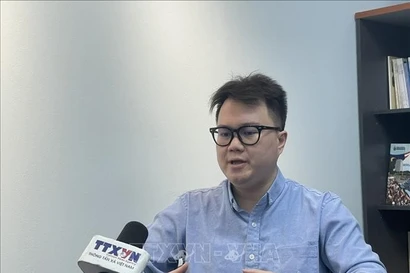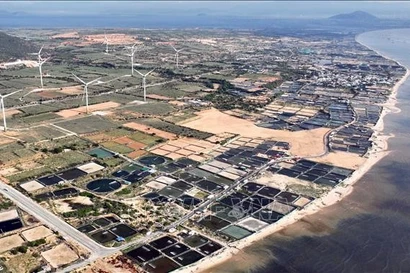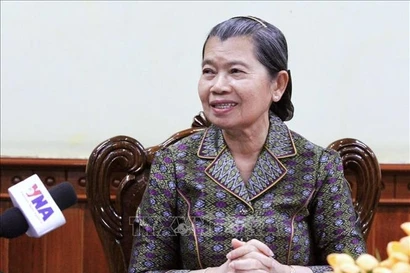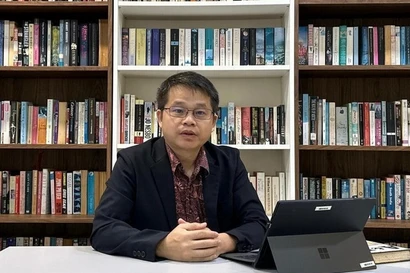
Hai Phong (VNA) - Officials, Party members and people of Hai Phong city have paid great interest in the heritage economy-related content while contributing their ideas to the draft documents to be submitted to the 14th National Party Congress.
Trinh Ngoc Anh, Secretary of the Party Committee of Dai Son commune, stated that the focus on developing the heritage economy is a strategic approach that harmoniously combines preservation with development, turning cultural and historical heritage into an important endogenous resource for the community and the locality.
To ensure effective implementation in practice, Anh stressed that a number of concerted solutions are needed. Specifically, it is necessary to develop local development plans that link heritage with community life, viewing heritage as a cultural–economic axis in advancing the enhanced new-style rural area building programme.
In addition, a community-based heritage economy model should be developed, encouraging local residents to participate in managing, restoring, utilising, and revitalising heritage values. Finally, a special support mechanism is required, covering infrastructure investment, human resources training, promotion and market connectivity, along with encouraging socialisation and the application of digital technologies, she said.
The official expressed her confidence that if developed methodically, the heritage economy will both preserve cultural identity and create long-term livelihoods, and serve as a breakthrough, humane, and practical direction that connects the past with the present while promoting sustainable development for the locality and the country.

Sharing his perspective on the heritage economy mentioned in the draft Political Report of the 14th National Party Congress, Tran Quang Tuan, Secretary of the Party Committee of Kien An ward, said that although this concept is still fairly new in Vietnam, it is considered a strategic direction in many developed countries, as it both preserves cultural identity and serves as an important resource for economic development.
This marks an important shift in perception, from viewing heritage preservation as a cost borne by the cultural sector to viewing it as a resource for sustainable economic development at the local level, Tuan assessed.
Mentioning the cultural sector, Tuan stated that it is necessary to mobilise resources from different economic sectors to support the development of cultural institutions; and to encourage residents and organisations to invest in culture, such as cultural services, entertainment, and recreation, thereby generating revenue for the system of cultural and sports institutions.
In addition, it is important to enhance the effectiveness of these cultural institutions, renew their activities, and develop various types of cultural clubs. Priority should be given to holding festivals, contests, community art performances, and sports competitions that enable local people to participate in creating, preserving, and promoting the cultural values of their locality.
According to the official, attention should be paid to organising professional training courses and skill development for those in charge of cultural houses of residential areas, and providing monthly support for the group; and issuing specific regulations on investment in and use of cultural institutions./.
